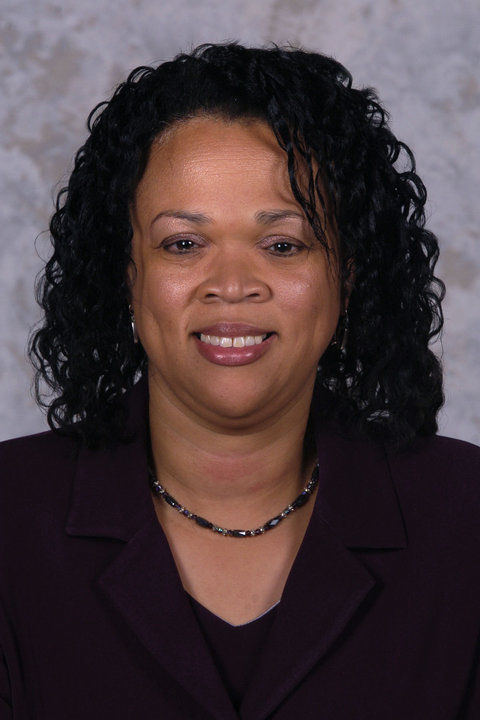S.U.N. program’s app reduces anxiety among young girls
Sisters United Now, a program that helps African American girls deal with anxiety, has recently made enhancements to the technology it uses to break the cycle of anxiety.
Founded in 2014, the program targets young girls enrolled at Akron Public Schools and teaches them how to manage their stress, anxiety and fear.
“One of the things we know with anxiety is that it looks different in black women and that black females have it for longer periods of time, and the symptoms are more intense,” said Angela Neal-Barnett, the founder of S.U.N. and director of Kent State’s Program for Research on Anxiety Disorders among African Americans.
After being separated in groups of 10 by grade—seventh or eighth—the girls participate in a sister circle for eight weeks. They talk about their personal experiences with stress and anxiety and learn how to manage it with help from the facilitators.
“I think one of the best parts of the program is just that it shows black adolescent girls and Akron public schools that people care about them,” said Elizabeth Jean, a coordinator of the program.
So far, roughly 100 girls have participated in the last 4 years.
In 2015, Kent State’s science department developed an app called Build Your Own Theme that allowed girls to make their own theme song to combat any anxiety they feel.
Over the past few years, the app has undergone changes to expand and increase engagement.
Computer Science professor, Arden Ruttan, and his Game Development Practicum class created the app. He has continuously worked with Neal-Barnett over the years to expand it.
“She (Neal-Barnett) has a knowledge of what’s important, and that helped drive the app,” Ruttan said.
Now, instead of being its own separate app, Build Your Own Theme has become an extension to the newer one they built called the S.U.N. app.
Jordyn Lally, a former facilitator of the program and now M Health App coordinator for the S.U.N. app, explained why they decided to change the app.
“What we found was that the girls needed more engagement with the app,” she said. “Typically, adolescence are looking for information in social media websites.”
The girls can now make a profile page, journal their day and do assignments after each session that reinforces what they learned.
The app redevelopment remains an ongoing process, with more additions coming in spring 2018 that include a reward system to keep the girls engaged, Lally said.
Ruttan also wants to expand beyond the phone to the computer.
“He’s working on perhaps taking it to the gaming level,” Neal-Barnett said.
With the latest improvements to the app, the girls have become more responsive to the point where family members can see a difference.
“People notice a change in them,” Neal-Barnett said. “I think they see what we teach them and the app works.”
Lally worked first-hand with the girls and saw the changes they underwent.
“It’s rewarding to see them have confidence in their abilities to deal with stress and anxiety through our tool,” she said.
Once the initial shyness wore off, the girls became more comfortable with the facilitators and each other. Lally also gained knowledge from working with them.
“I was able to learn about the experience that black girls face through adolescence… And bringing them together to build a sisterhood and learn how to deal with their anxiety in a healthy way,” she said.
As the program continues to grow, its purpose of helping prevent young, African American girls from going through anxiety alone will remain the focus.
“If we can begin to break the cycle before it gets to a disorder, that makes a difference in black girls lives,” Neal-Barnett said.
Tierra Thomas is an African-American student life reporter. Contact her at [email protected].



